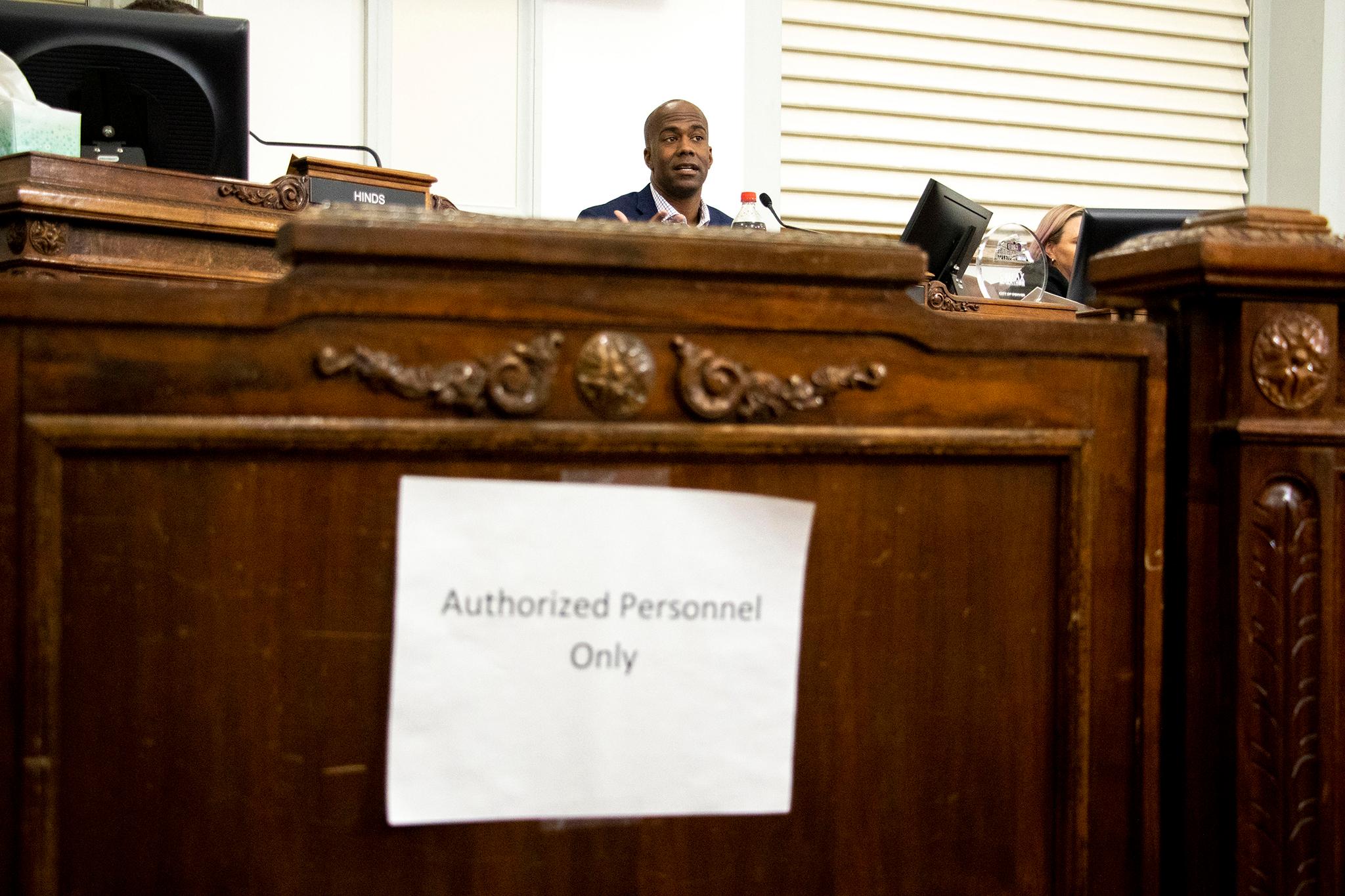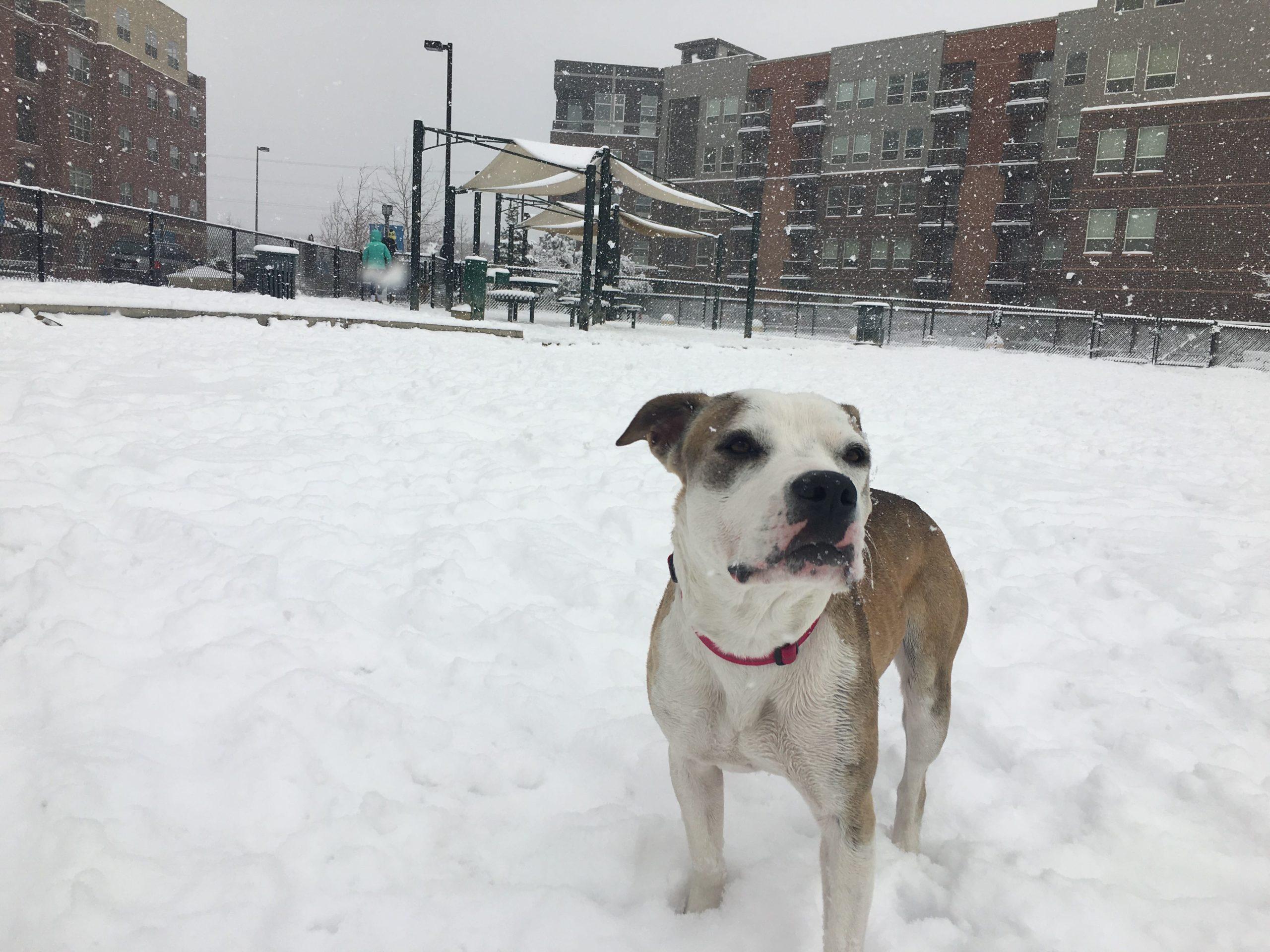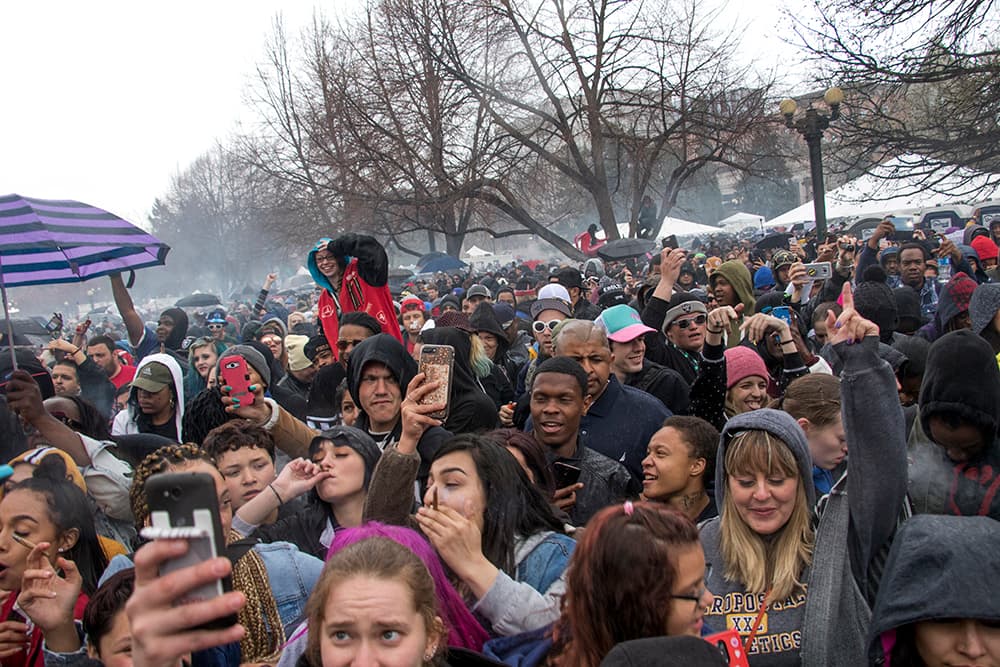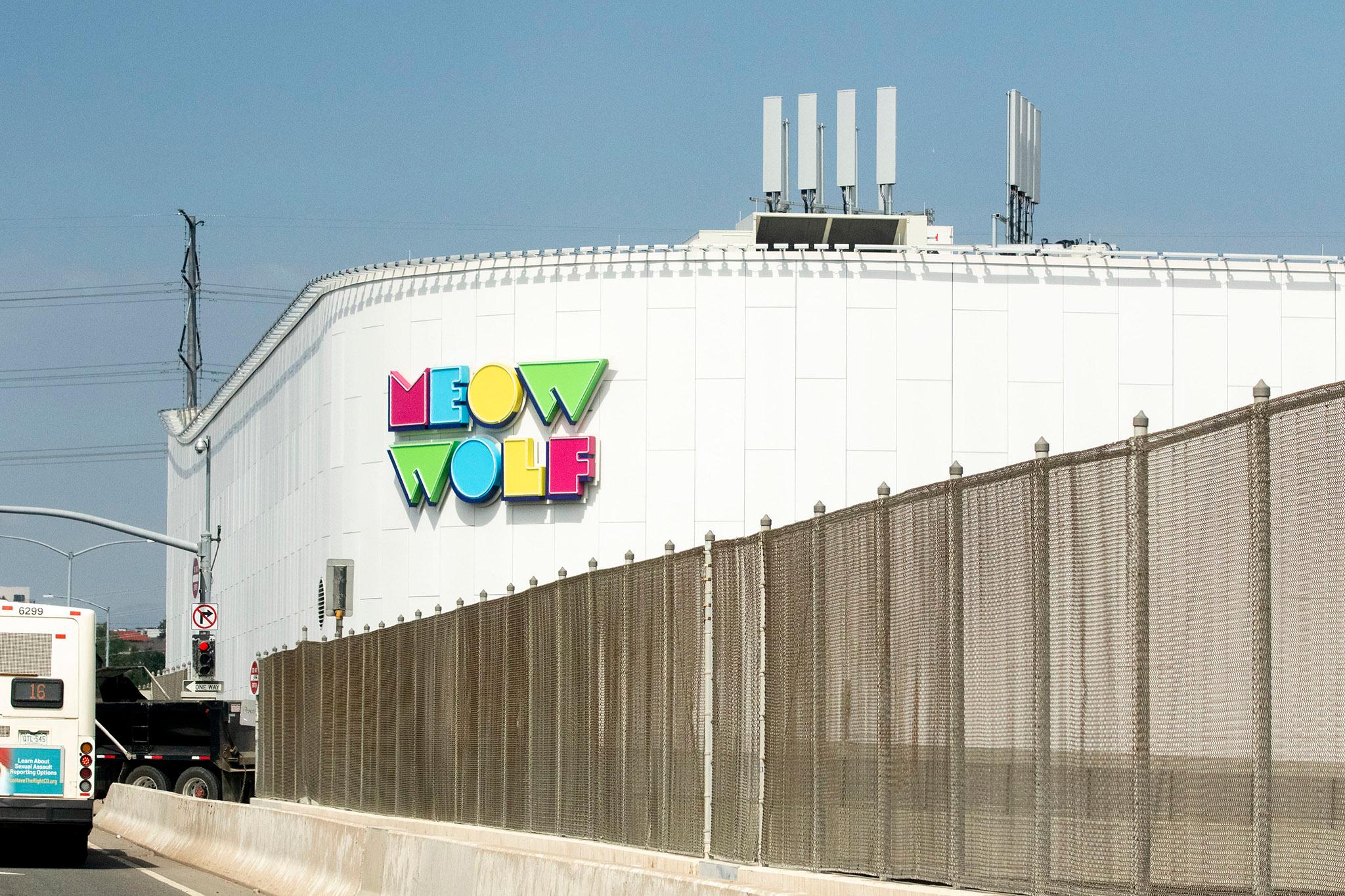Councilman Chris Herndon will submit a bill changing the city's law banning pit bulls that would allow them to be lawfully registered by local owners.
The rule would not repeal the city's pit bull ban, which has been in place since 1989. Instead, it would allow owners to register their dogs with Denver Animal Protection and get a breed-restricted license, which doesn't currently exist for any breed. The license would come with restrictions, including a maximum of two dogs per household. The bill requires owners to notify the city within eight hours if the dog escapes or bites, and within 24 hours if the dog dies or the owner moves.
Herndon said the law would be a "middle ground" for people who have legitimate safety concerns and those who view the bans as unfair.
"I candidly believe that breed-specific bans are bad," Herndon said.

His goal will be to encourage pit bull owners in Denver to come forward and register their dogs so the city can start collecting data about the number of dogs and where they live. The move would allow "data-informed decisions," since the bill calls for a review after five years. Herndon said. That review would be used to make recommendations to the Denver City Council.
The dogs already exist in Denver. But the law means owners may be afraid to visit veterinary hospitals or even socialize their animals due to fear of getting in trouble or losing their dog. By allowing them to come forward, Herndon said the community will be safer.
The license would come with restrictions.
Owners would have to provide a name and address for the dog, two emergency contacts, an accurate description of the pit bull, and give proof that the dog has a microchip -- a digital collar -- and current rabies vaccinations.
A registered dog who has no violations for 36 straight months would have some of those restrictions removed. The pooch would then get a regular license like any other dog in the city.
City law defines a pit bull as any dog considered an American Pit Bull Terrier, American Staffordshire Terrier, Staffordshire Bull Terrier, or "any dog displaying the majority of physical traits of any one or more of the above breeds." The city uses the American Kennel Club and United Kennel Club standards for these dogs to define those traits.
Jen Weston, the owner at Northfield Veterinary Hospital in Stapleton, said she has been around pit bulls for a long time. The consensus among veterinarians and animal welfare advocates is that breed bans are unfair. She was initially hesitant about backing the bill but jumped in to support it once she saw the proposal's specificity.
"These are amazing dogs that, yes, are pit bulls, and I think this kind of unfairly slaps them with a label," Watson said.
She said these bans also carry a racial and socioeconomic bias against certain groups.
Denver Animal Protection Lieutenant Josh Rolfe said they typically get a couple of calls a week from people notifying them about a pit bull living somewhere in the neighborhood. If they get a report about a pit bull, Rolfe said they ask owners to schedule an appointment to evaluate whether the dog meets the standards for a restricted breed. The assessment takes about 30 minutes.
"Once they have those results, we just expect that owner to abide by the city's ordinances," Rolfe said. There is an appeals process if they disagree with the city's assessment.
While the city's law allows animal protection to put down illegal dogs, Rolfe said euthanasia is typically only an option for a medical or behavioral reason, not a breed-specific one.
The AP previously reported Denver banned pit bulls after a minister was mauled and a boy was killed in separate attacks in 1989.
Herndon said his bill has support from the Denver Dumb Friends League, American Veterinary Medicine Association, Colorado Veterinary Medicine Association and Replace Denver BSL, a grassroots group that wants to replace the city's breed-specific law.
The bill is scheduled to be heard by the Safety, Housing, Education and Homelessness Committee meeting on Wednesday, Jan. 22, at 10:30 a.m.
This story has been updated to include comments from Denver Animal Protection.














